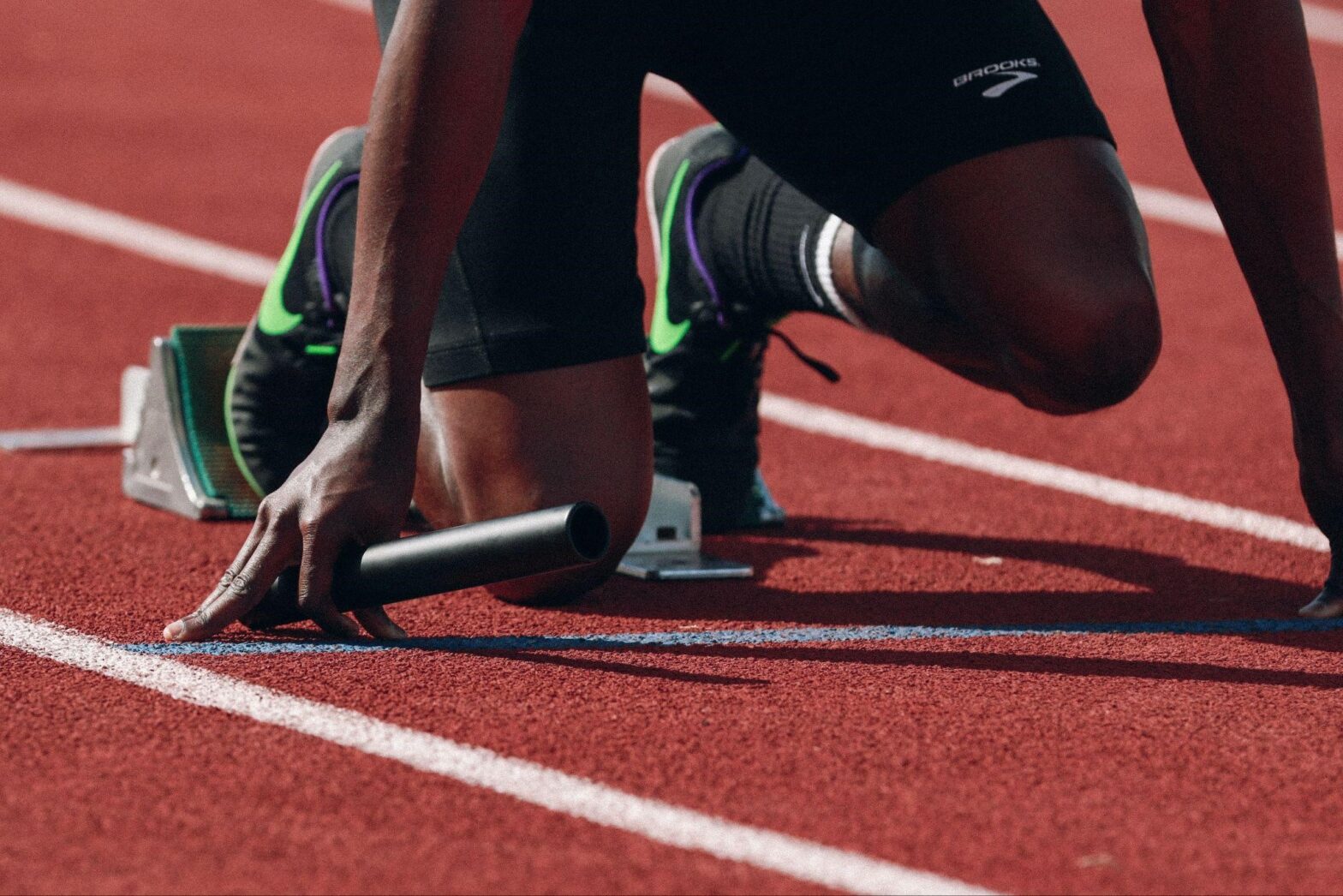Athletes are always on the search for ways to recover faster and push their bodies to new heights
The focus often falls on grueling workouts and optimized nutrition, yet recovery strategies are just as important.
Today, we’ll explore some natural ways to recharge and revitalize the body, empowering athletes to maintain their peak performance over the long term.
Modern Solutions For Athlete Recovery
The world has made significant strides in the past few decades, adopting new-age practices to complement traditional methods of recovery.
Among the many offerings of the modern world, athletes are increasingly turning to natural solutions to enhance their recuperation.
Such strategies not only contribute to physical recovery but also have the added benefit of improving mental health, a vital aspect of athletic performance often overlooked.
The Power Of Sleep Gummies
Cannabidiol (CBD), a non-psychoactive compound derived from the cannabis plant, has gained popularity in the athletic community for its potential benefits in pain management and sleep improvement.
Athletes, in particular, may find CBD sleep gummies a convenient and effective solution to optimize recovery during sleep.
When seeking a trustworthy provider, consider factors such as third-party lab testing, transparent sourcing, clear labeling, and positive customer reviews.
These elements often speak to the company’s commitment to quality and reliability.
Remember, a credible seller’s CBD sleep gummies should be more than just CBD. They might combine the potential benefits of CBD with sleep-enhancing components like melatonin.
This can create an optimal blend for athletes, supporting not only a deeper and more restorative sleep but also the recovery and revitalization necessary for peak performance.
Embracing Mindfulness And Meditation
Beyond physical strategies, athletes are discovering the power of mental fitness in their recovery routines.
Mindfulness and meditation have emerged as vital tools in this regard.
They help to alleviate stress, enhance focus, and promote a sense of well-being, which can be just as beneficial as physical recovery strategies.
A study published in the Journal of Clinical Psychology found that athletes who incorporated mindfulness into their routines exhibited lower levels of stress and increased mental toughness.
Apps like Headspace and Calm provide guided meditations specifically tailored for athletes, making it easy to incorporate mindfulness into any recovery routine.
Incorporating Nutraceuticals
Supplementation is nothing new in the world of sports, but the shift is moving toward natural nutraceuticals — food-derived supplements that offer health and medical benefits.
Nutraceuticals like turmeric, for instance, have been scientifically proven to possess anti-inflammatory properties.
Incorporating such supplements into a post-workout regimen could support muscle recovery and alleviate exercise-induced inflammation.
Tapping Into Traditional Recovery Methods
While modern solutions offer novel approaches, traditional recovery methods have withstood the test of time for a reason.
Rooted in centuries-old wisdom, these strategies offer a holistic approach to recovery that benefits athletes’ physical and mental well-being.
The Ancient Practice Of Yoga
Yoga has long been a practice synonymous with flexibility, balance, and mental wellness.
For athletes, incorporating yoga into their recovery routine can help enhance range of motion, promote muscular balance, and aid in mental recovery.
Yoga styles like Hatha and Yin are particularly beneficial for their emphasis on restorative poses and deep stretching, providing an ideal counterbalance to high-intensity training.
Harnessing The Benefits Of Hydrotherapy
Hydrotherapy, the use of water in treating various conditions, has been a favorite of athletes over the centuries.
The use of contrasting hot and cold water helps improve circulation, alleviate muscle soreness, and accelerate recovery.
Traditional hydrotherapy practices like sauna use or cold water immersion are easily accessible and can be an essential addition to any athlete’s recovery routine.
Leveraging The Power Of Massage
Massage therapy is more than just a way to relax.
For athletes, it can significantly aid in recovery by reducing muscle tension, improving flexibility, and increasing blood flow to promote faster healing.
Traditional massage techniques like Swedish or deep tissue are effective, but techniques like myofascial release can also be beneficial in breaking up scar tissue and restoring normal muscle function.
The Role Of Proper Nutrition In Recovery
Optimal recovery goes hand in hand with proper nutrition.
An athlete’s diet can significantly influence how quickly and effectively their body recovers. It provides the raw materials needed for tissue repair, replenishes energy stores, and helps regulate inflammation.
The Importance Of Protein
Protein plays a pivotal role in muscle repair and regeneration.
It’s essential that athletes consume adequate protein following intense workouts to supply the amino acids needed for these processes.
Quality protein sources include lean meats, dairy, eggs, and for plant-based athletes, options like lentils, quinoa, and tofu.
Hydrating With Purpose
Hydration is about more than just replacing lost fluids. It’s also about replenishing essential electrolytes that are lost through sweat during exercise.
Athletes should focus on hydrating with drinks that contain electrolytes like sodium and potassium.
Natural coconut water is a great option, as it’s rich in these electrolytes and can aid in faster recovery.
Capitalizing On Antioxidants
Antioxidants help manage the oxidative stress and inflammation caused by intense exercise.
Fruits and vegetables, particularly those rich in vitamin C and E, are high in these compounds. Regular consumption can help speed up recovery times and reduce muscle soreness.
Adding colorful fruits and vegetables like berries, oranges, spinach, and bell peppers to an athlete’s diet can offer an antioxidant boost.
Key Takeaway
In the pursuit of peak athletic performance, recovery stands as a cornerstone.
Modern solutions, traditional methods, and proper nutrition intertwine to create comprehensive recovery strategies, a vital aspect often underrated in the world of sports.
With the evolving market, athletes have access to an array of tools, from CBD sleep gummies from trustworthy suppliers, mindfulness practices, and natural supplements, to time-honored strategies like yoga, hydrotherapy, and massage.
Alongside these, the role of nutrition remains paramount, as the right balance of protein, hydration, and antioxidants serves as the fuel for effective recovery.
Embracing these natural recovery strategies offers athletes a route to recharge and revitalize, enhancing their resilience, longevity, and ultimately, their performance in the sport they passionately pursue.



